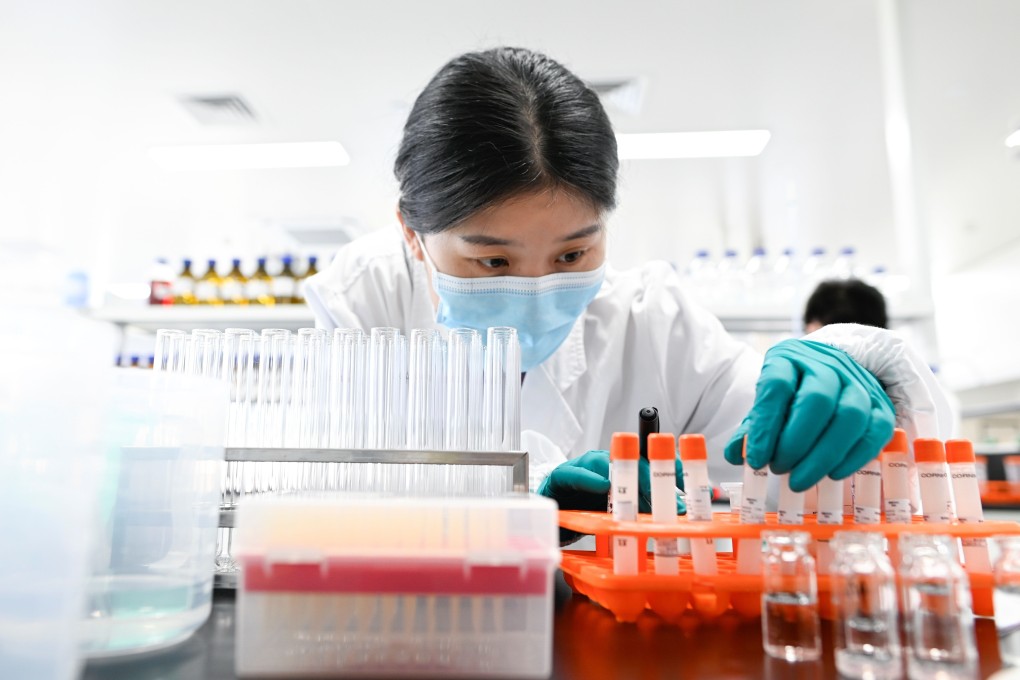Advertisement
Vaccine diplomacy: China, Indonesia agree to cooperate in fight against Covid-19
- Nations will work together on vaccine research, production and distribution, Chinese Foreign Minister Wang Yi says after meeting with Indonesian special envoy
- Comments come ahead of Wang’s five-country Southeast Asia tour that starts on Monday
Reading Time:2 minutes
Why you can trust SCMP

China and Indonesia have agreed to work more closely together to fight Covid-19 as Beijing on Friday sought to bolster ties with a regional neighbour through what some analysts are calling “vaccine diplomacy”.
Chinese Foreign Minister Wang Yi told visiting Indonesian special envoy Luhut Binsar Panjaitan at a meeting in Kunming, the capital of southwest China’s Yunnan province, that vaccine programmes could provide a new focus for relations between Beijing and Jakarta.
“China is willing to work with Indonesia on vaccine research, production and distribution, and support exchanges of relevant departments and medical institutes to help ensure access to affordable vaccines across the region and around the world,” Wang said.
Beijing has used the concept of vaccine diplomacy to engage its neighbours, including promising the Association of Southeast Asian Nations its 10 members, and other countries, that they will be among the first to receive Chinese Covid-19 vaccines once they become available.
Advertisement
Chinese President Xi Jinping said in May that any vaccines developed in China would be a “global public good”.
On Friday, China announced it had signed up to the World Health Organization’s vaccine distribution scheme Covax, which aims to provide free access to vaccines for low and middle-income countries.
The meeting with Luhut came ahead of Wang’s Southeast Asia tour that starts on Monday and will take in visits to Cambodia, Malaysia, Laos, Thailand and Singapore.
Advertisement
Advertisement
Select Voice
Select Speed
1.00x